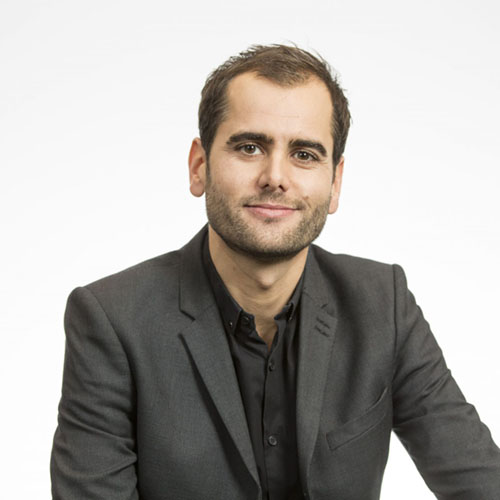- Home
- EN
- Our impact
- ProspeKtive
ProspeKtive
Designing the buildings of tomorrow around innovative uses and new interactions means using academic research. Because we believe in the strength of the collective and in the openness of ideas, we share here, with you, the research conducted by our experts.
Thinking about post-Covid corporate real estate, from major trends to tailor-made
Point of view of Jean-François Couëc & Nicolas Cochard in Business Immo
Life after lockdown: why go back to the office?
Should we go back to work at the office? The answers to this question differ depending on whether the respondent belongs to the group of those who have been impatiently awaiting a return to normal, those who have discovered telework and have come to terms with it, or those who remain staunch opponents of it.
Matter must accompany material
Article published in In Interiors
Matter and materials are at the heart of the thinking of the architect and the interior designer. Through their approach, Chantal Aïra-Crouan, associate architect, head of the Paris Île-de-France architecture pole, and Alexandra Plat, project director within the Studio team at Kardham, bring the two together. Cross-interview ...
French are less happy at work than Americans... but more than Japanese
A managerial fad for some, a major trend for others, well-being at work is a strong aspiration to which a growing number of companies are trying to respond. Two HRM researchers - Jordane Creusier from the Université du Littoral and Franck Biétry from the University of Caen - developed a statistically valid measurement scale which they then used in several international studies. In total, more than 3,400 employees in France, the United States and Japan have agreed to participate. The cumulative results show that the enthusiasm and optimism of the United States continues. They are clearly the happiest at work.
Will the Covid change our planning jobs?
The question we have been exposed to lately is: "Will there be a post-Covid in terms of work environments and is this a real revolution or a simple adaptation?" ".
The forward-looking demands of our clients commit us to seriously consider this subject which, in addition to a challenge for all of our businesses, represents a new business opportunity.
The idea of more meaningful teleworking is gaining ground. There are many lines of thought, sometimes contradictory, on the merits of this alternative. How can these two working methods coexist without harming performance? Do we need more flex office and less real estate? How to animate the collective from a distance? How to properly coach and track results? How to preserve the notion of the team itself and its territory?
Why the labels bring value to the assets of our customers
Article published in In Interiors
More than ever, environmental quality contributes to the promotion of any real estate project. As the need for more virtuous square meters arises, Kardham is accelerating the development of its sustainable development consultancy activity. Interview with Frédéric Maillet, director of the Consulting department.








